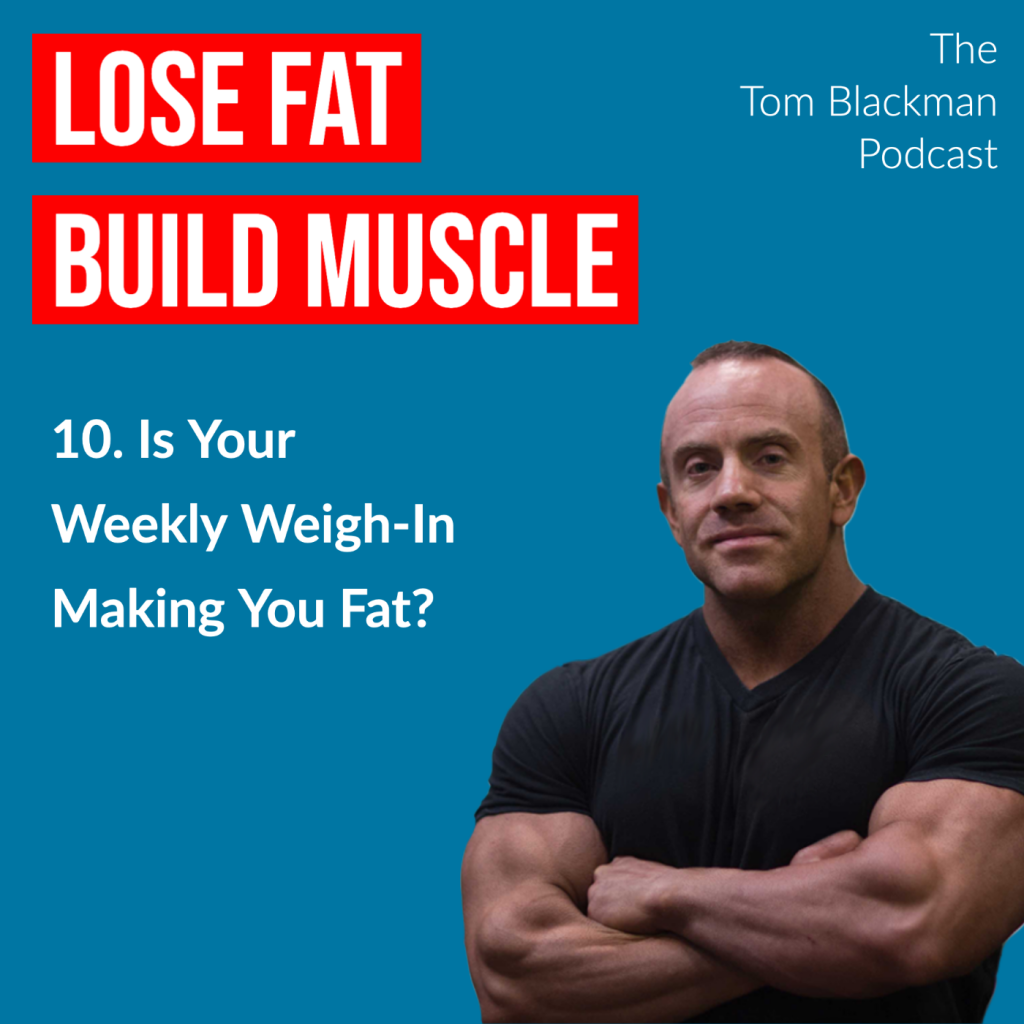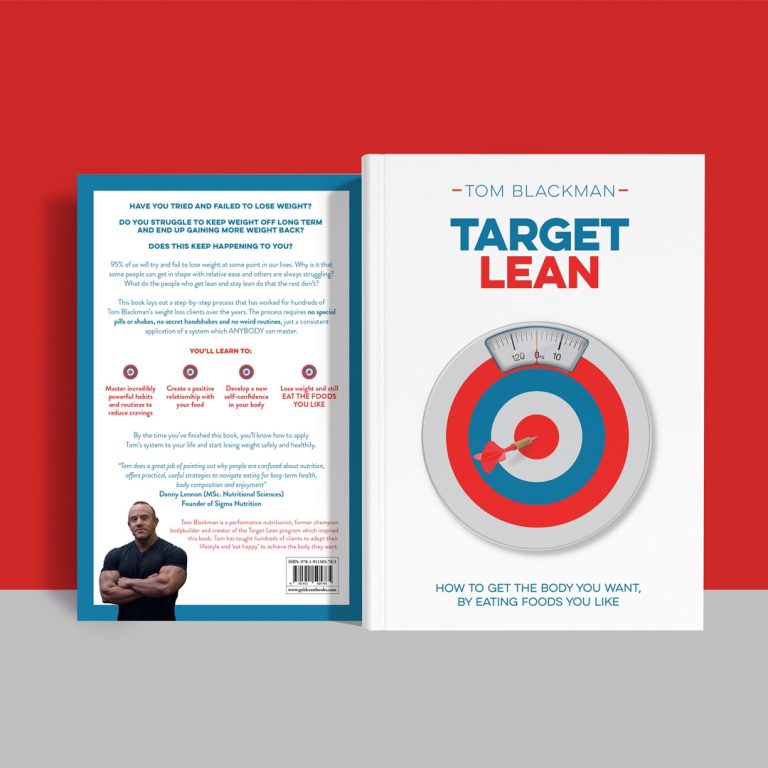If you weigh yourself weekly you might be making it harder to lose fat. This is something I have seen repeatedly in clients I work with. Here's why.
When you’re trying to lose weight it’s likely that at some point you’ll be getting on the scales to weigh yourself.
However a weekly weigh in might not help your fat loss goals and over the long term may stall them completely.
In this article you’ll learn why weekly weigh ins work against you and why daily weigh ins, although frowned upon by many woke influencers is a more effective methods of gauging progress.
Weighing once a week on a diet is not helpful for weight loss
Weight loss is not linear, it does not just go straight down like you wish it would. Most likely you’ll see weight fluctuations throughout the week and if you’re only weighing once a week you might be weighing on the day that your weight is highest.
If you’re sticking to a calorie deficit then it’s likely you are losing body fat each week however the body may hold onto excess water due to something called the ‘whoosh effect’ (it’s not really a proven scientific fact but a lot of the anecdotal evidence fit the theory)
The difference between Weight Loss and Fat Loss
Body weight can also be affected by food volume in your gut. You can hold up to 72 hours of food in your body while it’s being digested and this can make your weight increase. It’s quite common for clients of mine to see weight increased on a Monday or Tuesday after a weekend of eating slightly more and relaxing so they aren’t moving around as much.
However they drop weight during the week and end up on average in a lower weight than the previous week. Weight is a combination of many factors making up your mass.
- Bone
- Muscle
- Body Fat
- Body Water
- Food in your gut
- Glycogen in your muscles
Apart from Bone and Muscle the others can change very easily leading to weight fluctuations. Body fat takes time to change, it’s never significant overnight.
Significant weight loss or gain overnight is never body fat
It’s incredibly important that you do not weigh just once a week for this reason. Diet programs where you have a weekly weigh in will use the one weight reading to accuse you of failing, even if your clothes feel looser and you feel better and fitter. They only know one metric for success, the weight loss.
When in fact your weight loss is not the real result. If you feel better in clothes, look better in a swimsuit, can buy clothes that are off the rack rather than special sizes, that you can play with your kids without being out breath, that’s the real result.
Logging your body weight over the course of the week not just on one day will give you the knowledge of how your body moves in cycles and when to expect a weight gain so that you are not upset when it happens.
Muscle gain is weight and this leads to more glycogen – more weight
If you train with weights then it’s also likely that you’ll gain some muscle. Gaining muscle from exercise, even if it’s just walking more is a really positive result. More muscle means better absorption of foods, especially carbohydrates and means there’s less opportunity for food you eat to turn to fat. Instead you’ll store your carbs in your muscles and your body will look more toned and fitter.
No weight loss doesn’t always mean no fat loss
You can lose fat and gain muscle at the same time. It’s definitely possible, especially if you are new to weight training or increased exercise. However you will most likely lose body fat at a faster rate than you gain muscle and so your weight will still slope downwards on average. More muscle means more weight fluctuations as the emptying of muscles from exercise – weight loss, is always followed by a restoration of muscle glycogen – weight gain. Glycogen in the muscle can hold up to 3 times its weight in water which means you can see higher fluctuations after an intense training session.
Diet programs tell you not to train for their benefit
Diet programs with a weekly weigh in know this and many will tell you not to train at the gym with weights as this will stop you losing weight. It’s an incredibly short sighted and actually 100% the wrong thing to advise. Training with weights has a whole host of positive benefits including improving heart health, lowering blood pressure, lowering resting heart rate, reducing diabetes risk and general feeling of well being. Why wouldn’t you want to exercise with weights? Even if you are 60/70 years old weights can benefit you and prevent bone breaks from falls, reduce fat gain from age and reduce sarcopenia (muscle wasting).
Measure your average weight over the week not just one day
So if you are going to weigh yourself do it every day, log the weight and measure the averages not the daily fluctuations. You’ll gain a much clearer picture of your health and progress without the stress of ‘weight’ hanging over you.
You’ll also know when to expect weight fluctuations, eg after a weekend or heavy workout. This increases your knowledge and awareness of how your body works and gives you more confidence in what you are doing.

To work with me to develop a stronger Physical, Mental and Inner Health contact me via the website
Podcast (tomblackmanpodcast): Play in new window | Download
Subscribe: Apple Podcasts | Spotify | Android | Blubrry | Deezer | RSS







